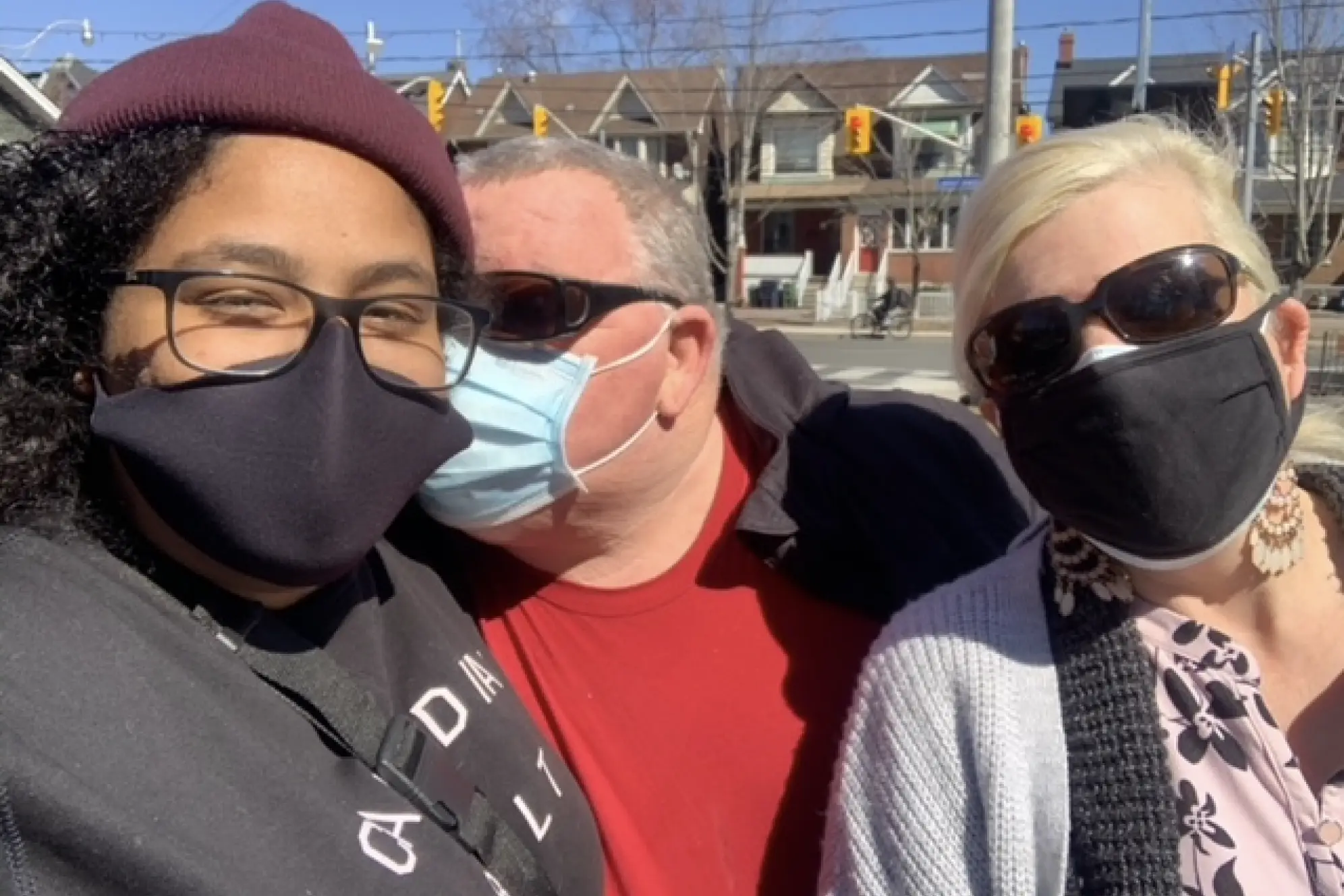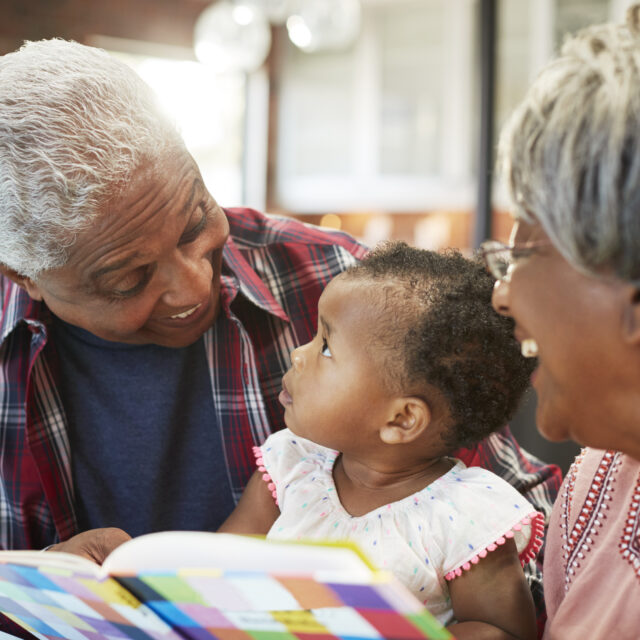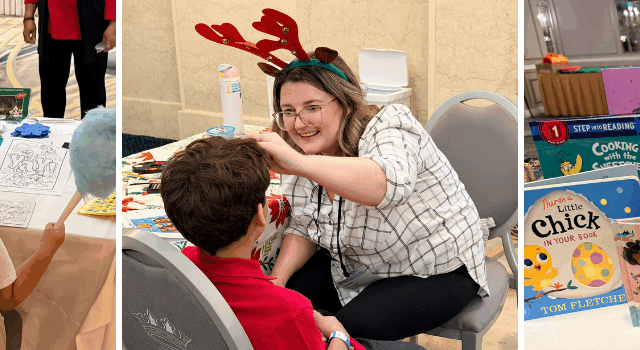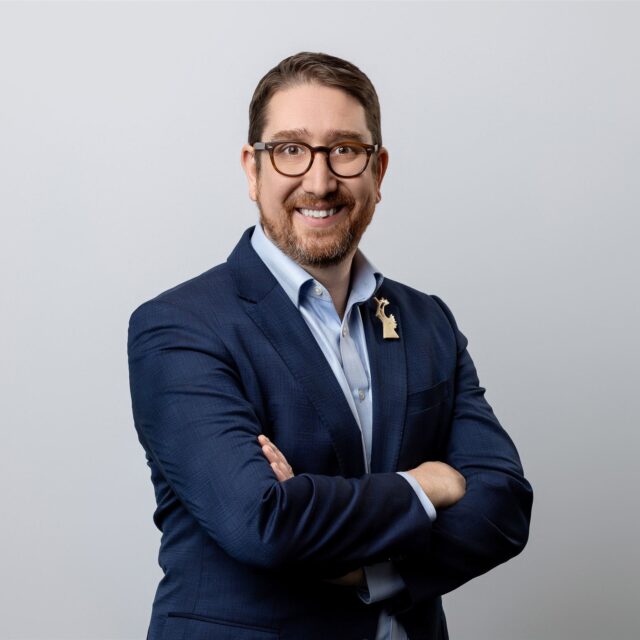Written by Brittany Herbold
BRITTANY is a Child and Youth Care Worker, Advocate, Artist, Former Youth in Care, and former Foundation Young People’s Advisory Council member.
I came out as a lesbian at 12 years old, to my biological family who I didn’t stay living with for very long. Amid a series of mental and family breakdowns, I was taken into foster care, then kinship care, then back home, and then for the final time back to foster care where I bounced from place to place before finding a forever family.
Like many people in the foster care system, I struggled to form attachments, in fact actively avoided them; I had been conditioned by my parent to avoid feelings, to avoid relationships because they were so volatile and unpredictable; and therefore unsafe.
This theme of avoiding attachments followed me through my many placements in care, but it followed me out of it too. I didn’t make many friends, and when I would inevitably move again I kept even fewer. I didn’t trust the adults or the peers around me to continue to love me unconditionally if they knew that I was gay, and so despite the fact that I had already come out in some circles to some people I struggled with whether or not to come out, and whether or not I would bide my time and wait until it was safe to ‘come out’ again.
I had been living with my forever family for a year, I just hadn’t known it yet. When they told me that they weren’t going to legally adopt me but intended to be the last foster home that I lived in, I learned to trust adults again; but I had learned to trust my close personal friends first. I had been let down and disappointed by adults all of my life; their certainty in their knowledge and experience made it hard to trust them. Slights from friends hurt less, because we were all on equal footing, all trying to figure out who we were and our place in the world; while adults, I believed, had already cemented their ideas and beliefs and this made them less trustworthy and bound to let me down again. I started to come out to my new friends almost as soon as I had realized that our relationships were safe places for me to be myself; but it took longer to come out to my foster family.
There is one stark difference that is unique to being LGBT in foster care. There is this understanding that many young people growing up within the child welfare system have, an understanding that they are inherently undesirable. You learn to make yourself small to not cause problems so that you don’t give any reason for someone to discard you. You base your value on how easily you manage to chameleon yourself into other people’s families. You keep parts of yourself secret, because they too are “undesirable”. For me I knew it was my personal beliefs, issues with racial micro aggressions, and my identity as a lesbian that were best kept a secret to make as little waves as possible.
While I was in foster care, I felt like I lived a secret double life. One where I caused as little problems as possible, and another in the LGBT community (at the time mostly online due to geography). In my online spaces and communities I developed relationships, friendships, connections that were authentic, genuine, and free of judgement. Here, my identity wasn’t undesirable, in fact it was celebrated. Where before I was sure that there was something fundamentally wrong with me, I learned from both growing up in care and from the LGBT community that DNA doesn’t make a family, love does.
It was strange to feel more loved by random human beings who had no biological connection to me than by my own biological family, and more than (I thought) my forever family loved me. These people showed up and made a home for me, even if it was only virtual. It felt so liberating to be able to open my text messages to find other people my age who were feeling something similar to me, struggling with the repercussions of coming out, and what that might mean for their safety and dynamic; the same way I was worried.
Some of these relationships ebbed, like many relationships do, but some are lifelong friendships that are still strong all of these years later. There are some relationships that ended but interestingly intersect with new relationships; friends of friends of friends. It was the LGBT community and the courage of those within it that allowed me to find my own. It was this community that allowed me to accept myself enough to not care if other people accepted me or not, and not to settle for love that is conditional on whether or not I pretended to be someone I wasn’t. It’s hard to accept less when you have experienced real acceptance.
Despite the multitude of coming out horror stories, and the risk of being removed from a home where I felt comfortable and loved, I plucked up the courage to come out to my forever family. I was worried, as I’m sure many other people have been, that despite the fact that people may seem tolerant they sometimes are not. I worried that I would be rejected by people that I had finally opened up to, finally learned to trust again. I’m grateful that ‘forever’ really meant forever to my family, that my identity wasn’t something that they would love me in spite of, but simply accepted that it was a part of who I am. This moment allowed me to begin to trust my own judgement in terms of relationships.
This idea of chosen family is strong in both child welfare, and the LGBT community. And many, if not most of my chosen family overlaps in this way, many of them are from child welfare: people whose experience involves being separated from their family, navigating this system, reaching adulthood in solitude. Similarly many of them are from the LGBT community that has been more of a family to me than the people whose DNA runs through my veins.
Thanks to both of these groups I have learned so much about what relationships mean to me and how important being seen, understood, loved and accepted are. I do not know who I would have been if I hadn’t met and been loved by these people who are like me in some ways and unlike me in so many others.
Now, I am unapologetically myself, I navigate relationships on my terms, I decide comfortably how I want to be treated, and how I want people to show up for me. Love is not scarce if you allow yourself to be open to it. I think of how isolated and different my life would be if I hadn’t had this community full of other queer people to rely on. I would have grown up with no attachments, no relationships, and no capacity to build them in a meaningful, healthy, reciprocal way.
I’m now an adult, happily engaged to someone who embodies so many attractive qualities, whose love for me is not lessened because of my traumatic past, and who shows up with compassion and gentleness when there are days where my attitude leaves much to be desired. I have friends who understand me, who care for me, who are there at my highest highs, and lowest lows. I am exactly the adult that I wish I would have had when I was younger, offering clear and obvious love and acceptance to those around me.
The truth is that it was hard in general to be gay- just like it was hard in general to be a kid in foster care; but there is something perhaps truer; that access to a community full of supportive peers who understood at least some of what I was going through even if they didn’t have the ability to understand it all, was empowering, liberating. It was a haven of safety, the ability to grow, learn, and understand free from judgement and threat of abandonment. It was a family for someone without a family when that is what I needed most.



